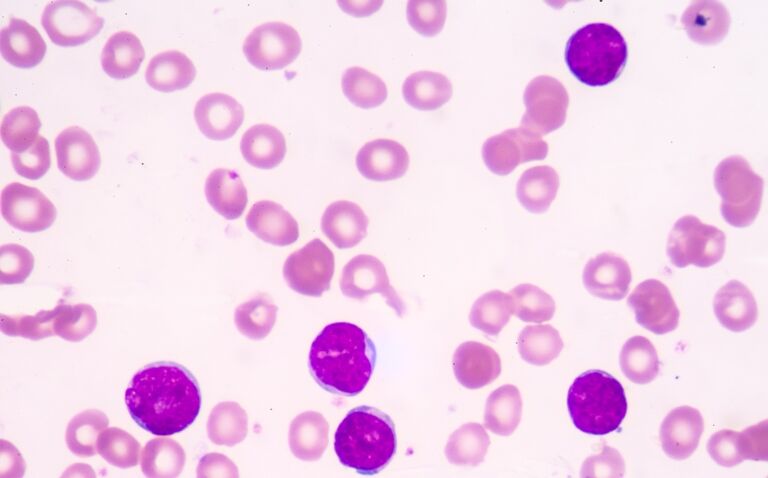Tisagenlecleucel (brand name Kymriah) has been recommended for routine rollout on the NHS by the National Institute for Health and Care Excellence (NICE), its manufacturer Novartis has announced.
Final draft guidance for the treatment, which has been available through the NHS Cancer Drugs Fund (CDF) since December 2018, recommends tisagenlecleucel for children and young adults up to and including 25 years of age who have B-cell acute lymphoblastic leukaemia (ALL) that is refractory, in relapse post-transplant or in second or later relapse.
A chimeric antigen receptor (CAR) T-cell therapy, tisagenlecleucel is administered as a one-off infusion into the blood stream.
Dr Sara Ghorashian, consultant in paediatric haematology at Great Ormond Street Hospital for Children NHS Foundation Trust, said: ‘During its time in the CDF, tisagenlecleucel has changed the way in which people with relapsed or refractory B-ALL have treatment.
‘It offers a chance of durable remissions and prolonged overall survival for people who often have no other option. The CDF has enabled us to build robust real-world evidence and I’m delighted that NICE has recommended that children and young adults should continue to have access to this treatment.’
Improved overall survival with tisagenlecleucel
The recommendation and final draft guidance from NICE for the routine rollout of this CAR T-cell therapy is based on data collected from its use in the NHS as well as additional clinical trial evidence from three studies.
Presented to NICE as a pooled dataset, the ELIANA, ENSIGN and B2101J trials showed people treated with tisagenlecleucel lived for longer and without experiencing relapse or progression, and improved overall survival for people compared with standard treatment.
For example, the median overall survival was 48 months, compared with a median overall survival for two other standard treatments of 7.5 months for blinatumomab and a median overall survival of three months for salvage chemotherapy.
Data collected from ELIANA have been published in the Journal of Clinical Oncology.
NHS use data found that the 24-month overall survival was 72% following treatment.
According to Novartis, tisagenlecleucel was used to treat 133 children and young adults while in the CDF between 2018 and September 2023.










